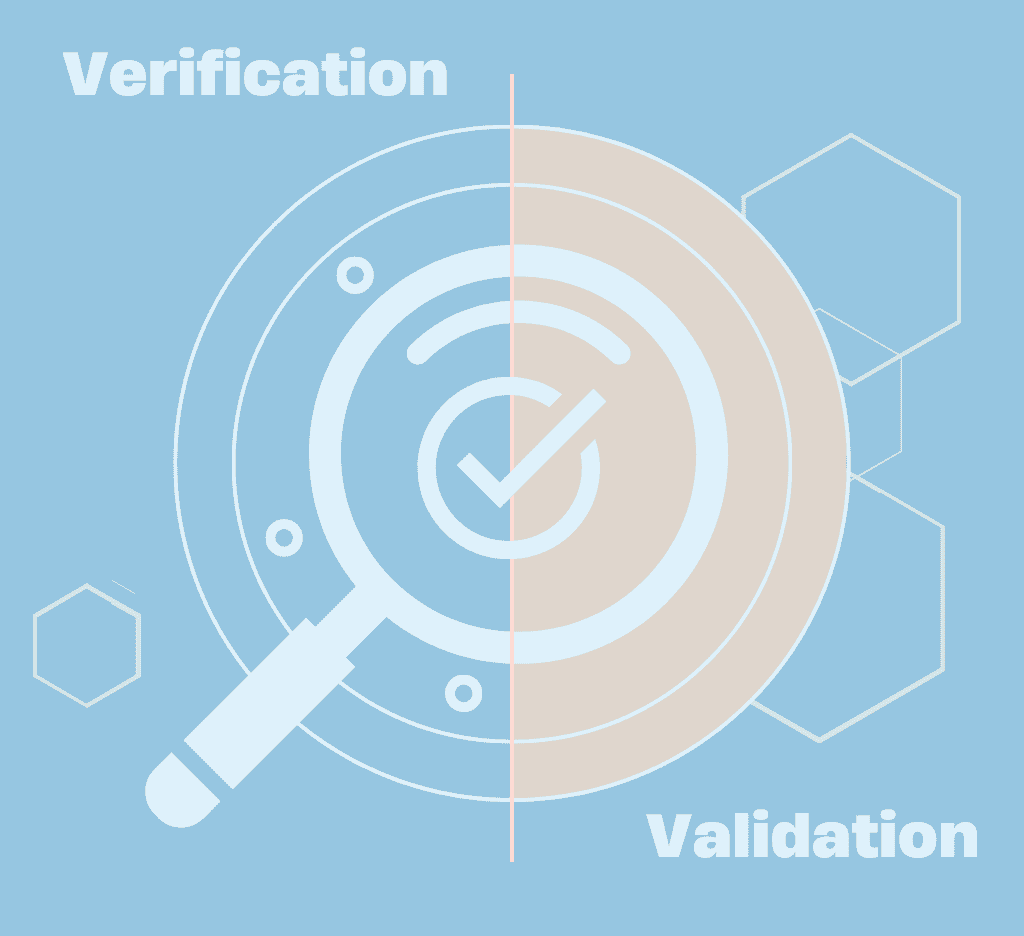By now, most organizations know that digital transformation plays an important role in business today. Now the question is: how can your organization develop a digital transformation strategy? There are many different ways to approach it. Every company should develop their own road map to put them on the path to success. Keep reading to discover how to develop a digital transformation strategy for your organization.
Why you need a digital transformation strategy
Before we jump into how to develop a digital transformation strategy, let’s take a step back. First, it’s critical to understand why your company needs a digital transformation strategy. If you want to innovate and keep up with your competitors, you need to have these plans in place. This involves more than just investing in new technologies and upgrading systems.
A true digital transformation strategy empowers your team to assess where your business is and use technology to get where you want to be. This is what will prepare you to adapt to the new digital landscape and continue to grow.
How to develop a digital transformation strategy
Once you understand the “why” behind digital transformation, you can start this process in your organization. Here’s how you can develop your own digital transformation strategy.
Complete an analysis
First, you have to know where your business stands today. This may include asking yourself some of the following questions:
- What processes are working and what’s not working?
- How does your team feel about technology?
- Are there pain points that you can address with digital transformation?
Answering these questions will help you determine what to prioritize as you start this journey in your organization. Remember it’s important to think about this from two perspectives. You should consider the experiences that your employees have and the experience your customers have.
Then, you can use digital transformation to improve those experiences for everyone. Each business will approach digital transformation differently. However, the goal is to improve your organization across the board.
Find your direction
Once you understand where your organization is today, you can start creating your roadmap for digital transformation. This is the time to think about what your priorities are as you go through this process. Take the time to think about how the changes you plan to make will impact your organization and how these changes connect to your goals.
Identify risks
Next, companies should consider any risks that come as a result of digital transformation. According to Delloite, there are ten different risk areas that organizations should consider. These areas are:
- Technology
- Cyber
- Strategic
- Operations
- Data leakage
- Third-party
- Privacy
- Forensics
- Regulatory
- Resilience
Before you go any further in this process, take time to consider each of these areas and the potential problems that could come up in your business. Identifying these risks early will empower your team to come up with plans to mitigate them before they have a serious impact.
Build your budget
At this point, you should have a good understanding of what digital transformation will look like for your organization and what your goals are. Now, you need to put together a budget to support these efforts.
To do this, get key stakeholders involved and talk through the value of this transformation. Getting on the same page about value can help you get the right budget in place. This is a great time to brainstorm ways to get the most out of the budget that you set for this initiative.
Tools and technology
During this stage, you can begin to think about what tools and technologies will benefit your organization. Not sure where to start? There are three important components here.
First, you should ensure that all the technology you implement relates to your goals. Second, focus on technology that will fit your organization’s environment. Don’t choose something that is too complex for the tasks at hand or for your users. Lastly, only adopt one technology at a time. Otherwise, this process can quickly become overwhelming.
Establish leadership
Driving digital transformation requires you to take a closer look at your talent and leadership. This isn’t just changing for the sake of change. Digital transformation will shift the way that your organization operates.
These leaders should be open to new ideas and ready to adapt as the business evolves. They should also be good communicators that can work collaboratively with others on your team. All of these qualities will help leadership set the right tone for successful digital transformation.
Create culture
As we mentioned in our previous post, digital transformation is an on-going process. In fact, 71% of people say that their workforce is either very or extremely important in supporting their digital transformation strategy. This means that to be successful, you need to create a culture that thrives on this type of innovation. That may start with your leadership, but it also needs to extend to everyone inside your organization.
According to a study by McKinsey, behavior and culture challenges are one of the most common barriers to digital effectiveness. You can adopt new technologies and create new values. However, if your employees don’t make these things a part of their day-to-day operations, digital transformation won’t be successful.
Are you on the path to digital transformation?
True digital transformation is about much more than technology. Here at Unosquare, we know that a successful digital transformation strategy needs to focus on two things. First, business goals. Then, cultural change. Using our proven Distributed Agile Framework, our software development engineers provide the kind of external perspective, agility, and understanding required for real innovation.
When you partner with Unosquare, you’ll have access to highly skilled software development professionals, Business Analysts, SCRUM Masters, Quality Assurance Engineers, and all the ancillary roles for delivery of your strategy. Each of us at Unosquare is directly accessible to your project stakeholders. We also live and work in your time zone, and have the support and training from one of the best global software development companies in the world. Go to our blog to learn more about what we can do for your organization.



